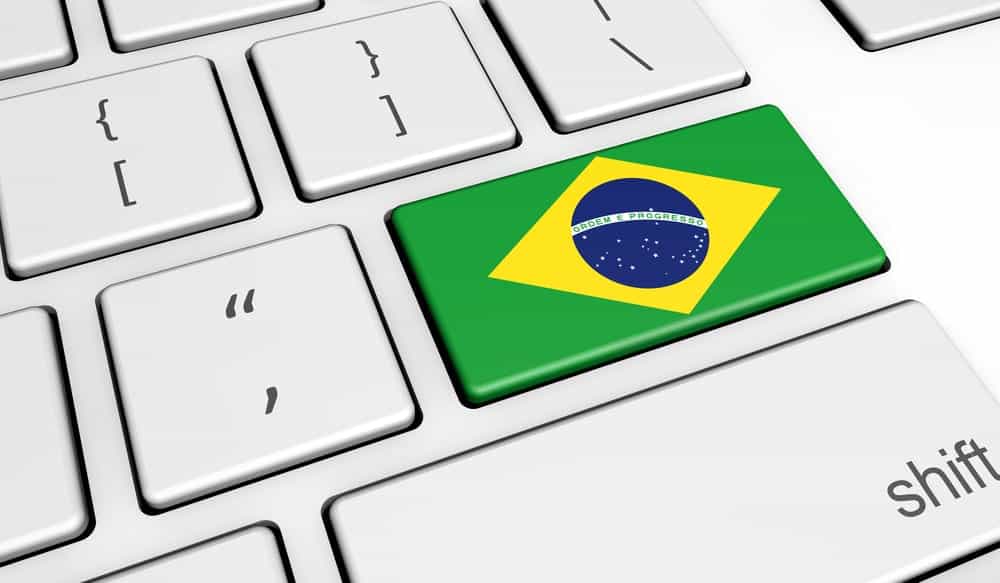The new law changes the Internet in the European Union: can the rules affect Brazil?

In November, the Digital Markets Law, established by the European Union, was approved. The paper advises technology companies to start controlling data and digital assets more rigorously.
The new law stipulates that tech giants such as Amazon, Microsoft and Meta cannot use data from their own platforms to gain advantage over their competitors.
Read more:
Sandro Zendron, CEO of Microservice, says regulation should provide more security for user data. “The legislative package approved in Europe aims to regulate a segment of the economy to impose obligations, rights and bans on large technology companies. The movement should have an impact, albeit indirectly, on similar practices in Brazil, and also requires an even more careful look at information security, since the data will be even more protected ”, he hypothesizes.
What are the rules and their impact?
Interoperability of the platforms, the impossibility of favoring surveys and shopping sites, as well as not being able to favor one’s own applications, are some of the obligations.
The impacts are still uncertain, as the regulation will not apply to all companies. The European Union is still defining which companies are big enough to be forced to follow the laws. Furthermore, the rules depend on factors related to the financial market, emerging technologies and the dynamics of large companies.
What can be said is that effective compliance with data protection laws is a reality that companies cannot escape from. “The Digital Markets Act (DMA) and Digital Services Act (DSA) are intended to complement the rules of the General Data Protection Regulation (GDPR), ensuring that their prerequisites are strengthened in the unusual situations of large companies. suppliers,” says Zendron.

According to the European Commission, while there are regulations directed at what is done on the internet, there are still loopholes and legal burdens to address. The rapid digitization of society and economy in recent years has led to a situation where few large platforms control important ecosystems in the digital economy.
In Brazil the tendency is to follow the path of the European Union. The country already has a law in place with reference to a European regulation, which is the General Data Protection Law (LGPD) approved in 2018. The General Data Protection Regulation (RGPD), of the European Union, has been approved in 2016.
The same progress in Internet access must be accompanied by mechanisms that prevent illicit practices that cause harm to the customer and the owner of the data. The changes will also require greater transparency in relation to the attitude that companies will adopt with respect to the offer of services and the way they operate on the internet.
Deadlines
The new rules will only actually apply from May 2023. Until then, the European Union will work to decide which companies are big enough to fall under the regulation.
O post The new law changes the Internet in the European Union: can the rules affect Brazil? first appeared on Look Digital.
Source: Olhar Digital
Leave a Reply